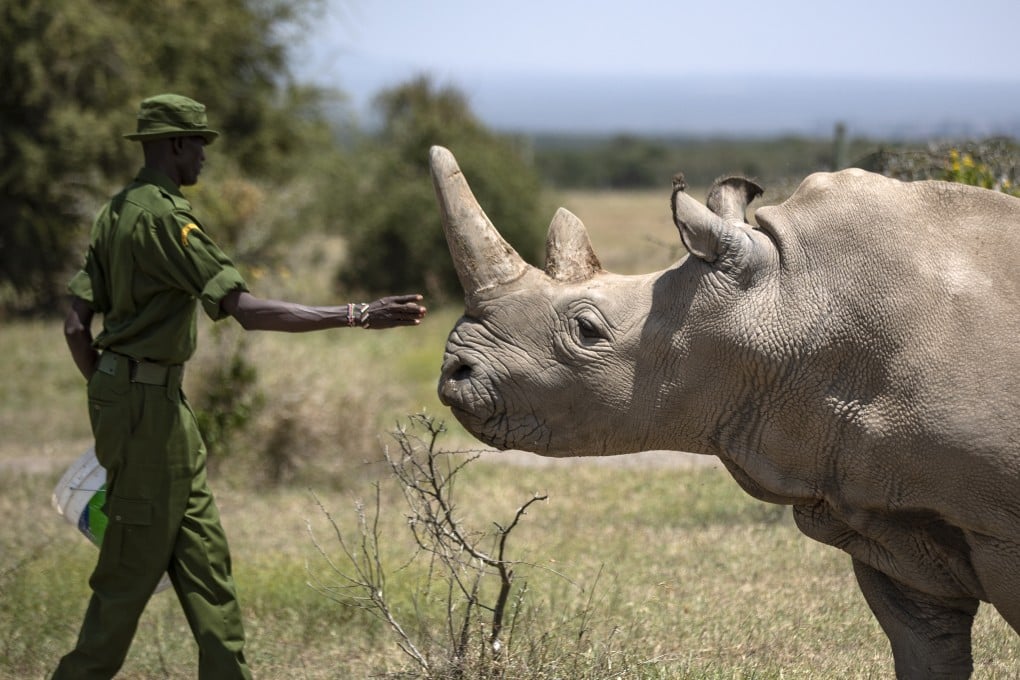Advertisement
Outside In | Cash-strapped West will ignore calls to protect biodiversity
However leaders feel about biodiversity and global warming, there is almost no money where their mouths are
Reading Time:4 minutes
Why you can trust SCMP
1

Over the past week, around 15,000 people, including heads of state and ministers, representing more than 190 countries have gathered in Cali, Colombia, for the Cop16 UN Biodiversity Conference. The setting is apposite: Colombia is one of the world’s most biodiverse countries.
If the honourable aims of the 16th Conference of the Parties – to settle national biodiversity strategies and action plans, reform the global food system, which is the single biggest driver of biodiversity loss, and find the money for it all – are achieved, it would help halt the precipitous collapse of wildlife populations, from animals, birds and insects to trees and even fungi.
The imperative to protect our wild ecosystems may not attract as much attention as the need to slow down and reverse climate change, but it is arguably just as important. The World Economic Forum estimates that over half of the world’s economic output, or about US$44 trillion, is “moderately” or “highly” dependent on the health of our natural world.
According to the forum’s 2020 Global Risks Report: “Humanity has already wiped out 83 per cent of wild mammals and half of all plants and severely altered three-quarters of ice-free land and two-thirds of marine environments. One million species are at risk of extinction in the coming decades.”
Last year alone, the world lost 10 soccer fields of tropical forest every minute, according to the World Resources Institute. Wildlife populations have fallen by 70 per cent over the past half-century, and insects by a similar amount – no small matter when three quarters of our crop types need to be pollinated.
Material progress in Cali will feed into the Cop29 UN Climate Change Conference to be held in Baku, the capital of Azerbaijan, in less than three weeks. My gloomy prognosis, however, is that the conclusions of both Cop16 and Cop29 will go largely unheard and ignored.
Advertisement
Select Voice
Choose your listening speed
Get through articles 2-3x faster
1.1x
220 WPM
Slow
Normal
Fast
1.1x
